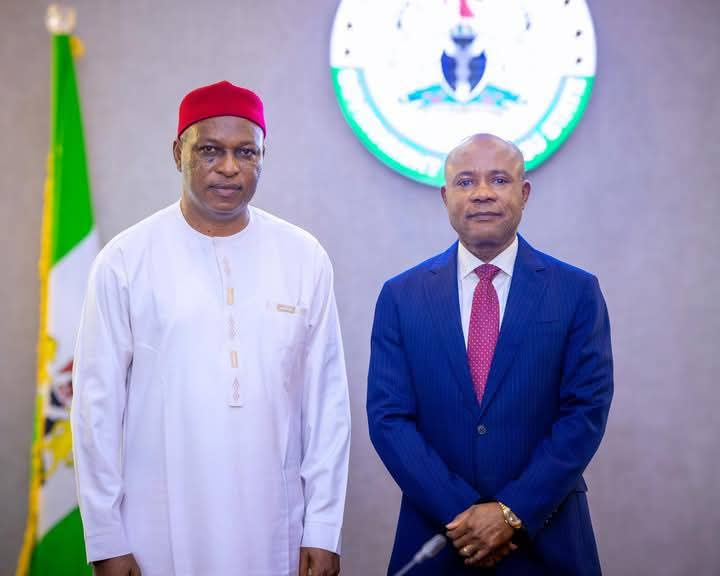The Independent National Electoral Commission (INEC) of Nigeria recently released a comprehensive report shedding light on the challenges encountered during the result viewing process of the 2023 presidential elections.
Published on its website, the 526-page report aims to address the concerns surrounding the failure to provide real-time access to the election results through the INEC Results Viewing (IReV) portal on 25th February 2023.
In the aftermath of the elections, the electoral body faced significant criticism for its inability to fulfill its promise of real-time updates on the presidential poll results via the IReV platform. While the results of the National Assembly elections were promptly uploaded, the presidential results faced delays, leading to accusations of deliberate subversion on social media.
The heart of the issue, as outlined in the INEC report, lay in the complexity within the system, which proved challenging to anticipate and mitigate. The glitch in uploading scanned images of polling unit presidential election result sheets was attributed to technical challenges arising from the uniqueness of the presidential election.
Before the elections, INEC had assured the public of real-time result uploads, and the failure to deliver on this promise had a detrimental impact on the commission’s credibility. This was particularly emphasized in the legal challenges brought forth by Atiku Abubakar of the Peoples Democratic Party (PDP) and Peter Obi of the Labour Party (LP), who questioned the election’s integrity.
The malfunctioning of the IReV during the presidential election was acknowledged by the Supreme Court, which stated that it had diminished public confidence in the electoral process. The court underscored the importance of addressing the non-functioning IReV to maintain trust in the democratic system.
INEC explained that the challenge was unique to the presidential election due to unforeseen technical issues related to the system’s configuration, permissions, and access to application resources. The report outlined that the errors originated from problems in mapping the presidential election results within the application, resulting in an unexpected configuration problem.
To rectify the situation, INEC swiftly implemented security and audit control measures, deploying “Hotfixes” to resolve the HTTP error. The first presidential election result sheet was successfully uploaded later in the evening on February 25, 2023. Additionally, the report highlighted challenges such as a high volume of uploads and the need for BVAS devices to be switched on and connected to the internet for automatic upload.
- Former NBA President, Akpata, Emerges LP Gubernatorial Candidate for Edo State
- Femi Fani-Kayode vs David Cameron: The Debate on Stolen Wealth
- EFCC, JTF Joint Operation Nets 115 Suspected Currency Racketeers in Enugu, Recovers Millions
- Major Breakthrough: Notorious Bandit, Boderi Isyaku, Neutralized in Kaduna State
- LP National Chairman, Abure released
INEC assured the public that despite the glitches, the credibility and outcome of the election were not compromised. Copies of polling unit results were provided to political party agents and security personnel, allowing for independent verification and scrutiny.
In response to the challenges faced, INEC outlined improvements made to the IReV, including enhanced quality assurance checks and additional measures to ensure stability and optimal performance. The commission remains committed to transparency and is determined to address any issues that may arise in future elections, bolstering confidence in Nigeria’s electoral process.




